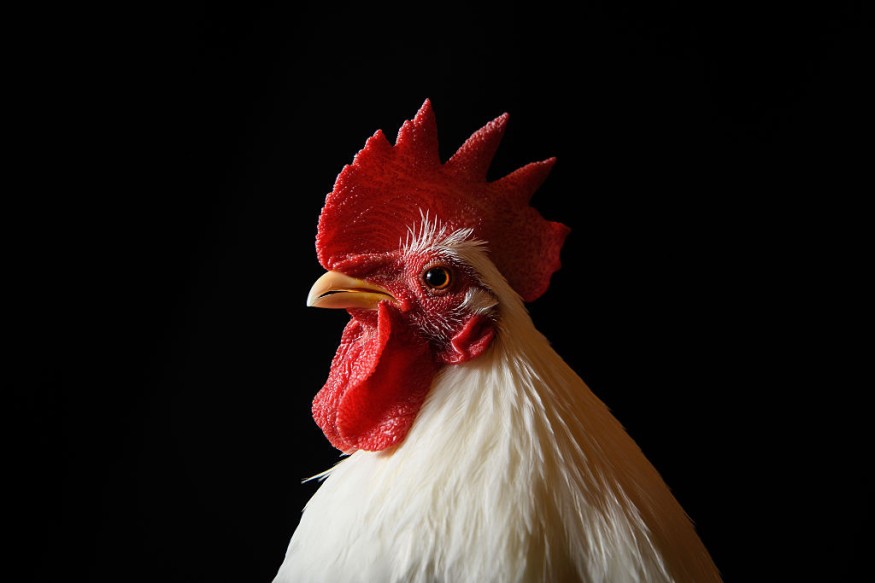Israeli scientists claim to have created gene-edited hens that might stop the annual murder of billions of male chickens.
The gene-edited DNA, triggered when the eggs are exposed to blue light for several hours, was inserted into the hens by researchers from the Volcani institute outside of Tel Aviv. This DNA can prevent the development of any male embryos that the hens may lay.

Per Jewish Chronicle, this would stop the annual culling of male chickens for their inability to produce eggs.
Gene-Edited Hens to Affect Egg-Producing Sector
Dr. Yuval Cinnamon said that the "Golda hen" will significantly affect the egg-producing sector.
"I am very happy that we have developed a system that I think can truly revolutionize the industry, first of all for the benefit of the chickens but also for all of us, because this is an issue that affects every person on the planet," Dr. Cinnamon said in a BBC News interview.
Female chicks are unaffected by the blue light, and neither the hens nor the eggs that they lay have any DNA added, according to Dr. Cinnamon.
According to him, customers and farmers would both receive precisely the same chicks and eggs as they do now. The eggs will be exposed to blue light throughout manufacturing, which is the sole minuscule variation.
Because the researchers want to license the technique, the study has not undergone peer review. But after visiting the company and following the study as it was done, the UK-based organization Compassion in World Farming (CIWF) said that it might be a "very important advance" for animal welfare.
ALSO READ : Experimental Cancer Treatment That Uses CRISPR Gene-Editing Put Young Girl Into Remission
Peter Stephenson, the main policy advisor at CIWF, told BBC News that he is extremely hesitant to use gene editing on farm animals. Given that this is a unique circumstance and that Stephenson and his CIWF colleagues endorse it,
The hen and any female chicks she bears that may lay eggs for human consumption must undergo a commercial lifetime without experiencing any unanticipated welfare problems.
According to the organization, seven billion male chicks are reportedly murdered annually since the egg-producing business does not see any use for them. The necessity to physically separate male from female chicks makes the operation time-consuming.
Germany banned the practice at the beginning of the year, and France is considering similar legislation. Although there are concerns about the practice across the EU, the UK government still needs to take a position.
A Win for Chicken Rights
According to research conducted by the EU's Directorate-General for Health and Food Safety (per Food Ingredients First), the egg-laying procedure can be sold.
Regulators and organizations have been calling for a solution to the problem of culling male chicks more and more recently.
The French government announced in February 2022 that it will outright ban the slaughter of male chicks starting in 2023. This declaration came after Germany pledged to outlaw the slaughter of male chicks until 2024.
Nestlé, Kraft-Heinz, Nando's, and Greggs, four major food companies, have already come out in favor of improved care for chickens and supported a measure to stop caging egg-laying hens in October last year. Particularly Nestlé publicly urged EU politicians to gradually phase out animal production using cages, beginning with laying hens.
The movement has, however, also retreated in several places. Recent voting results in Switzerland show that 63% of voters rejected a measure prohibiting intensive livestock husbandry and imports from countries where this practice is in place.
RELATED ARTICLE : CRISPR: Gene Editing May Help In Creating Disease-Free DNA
Check out more news and information on Animals in Science Times.












